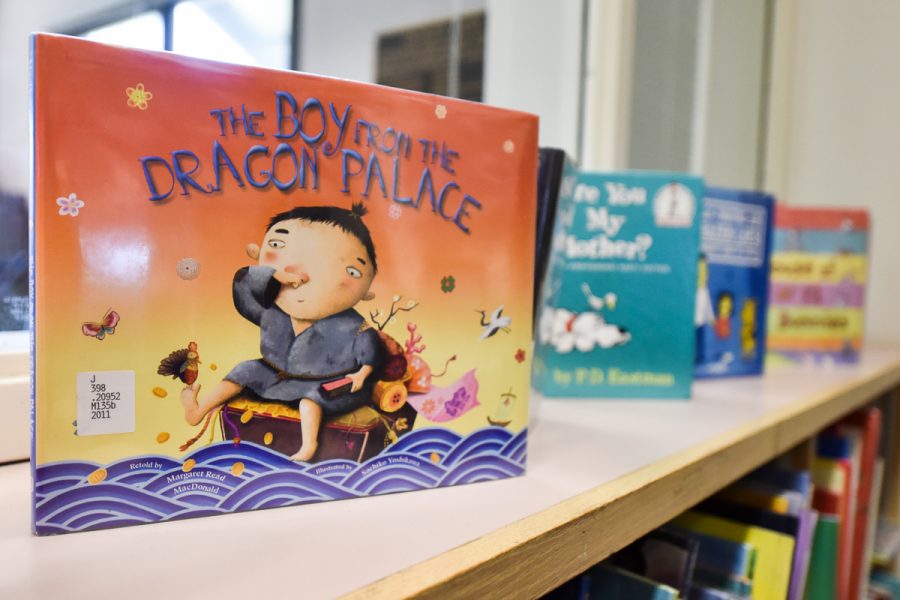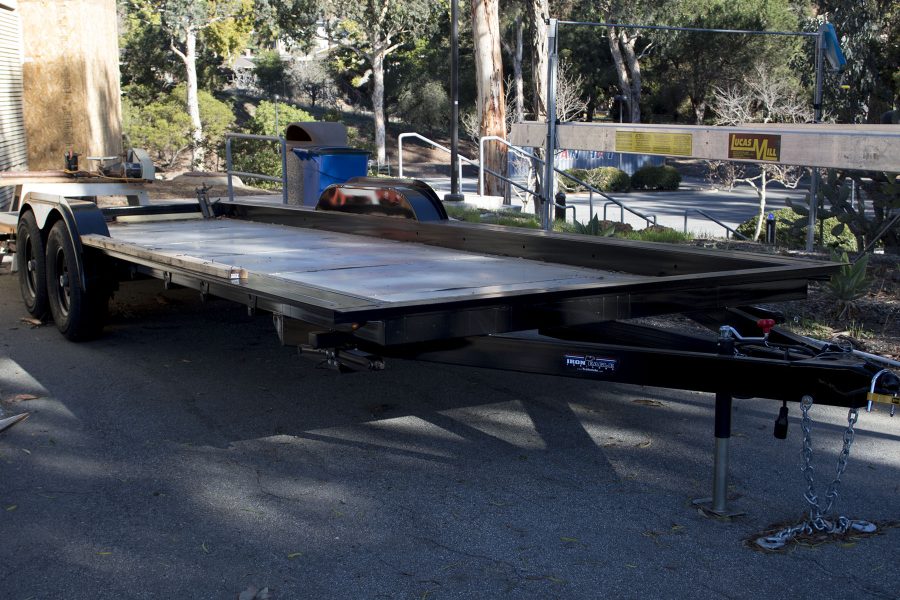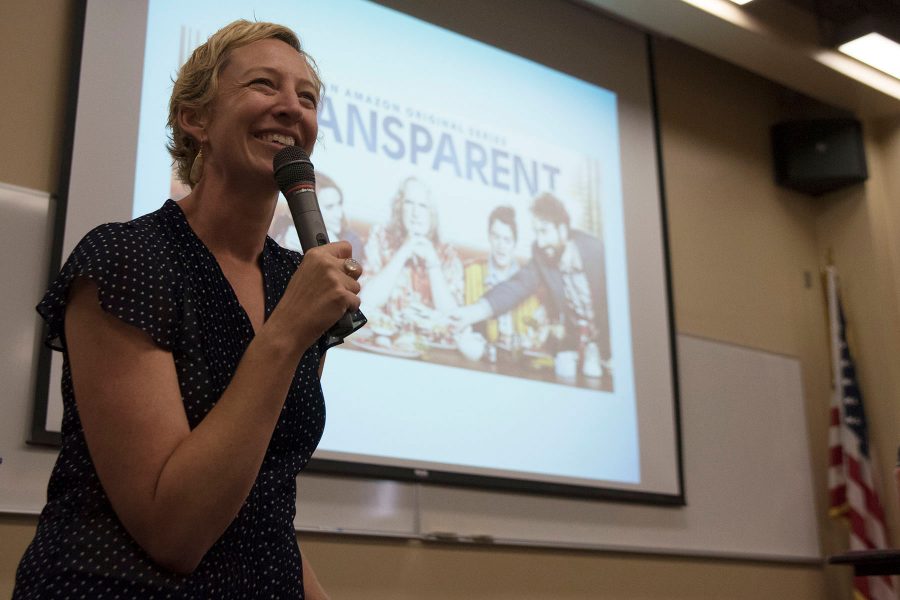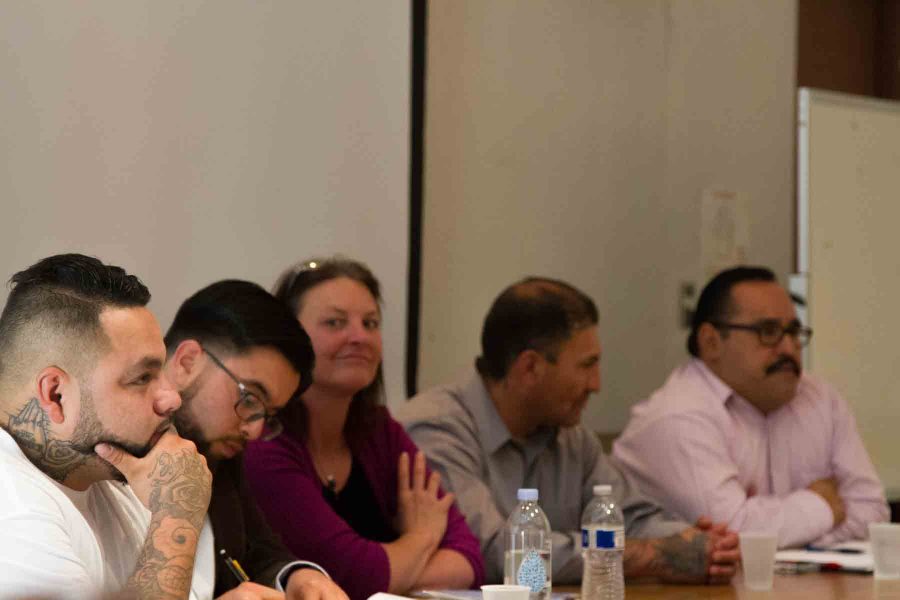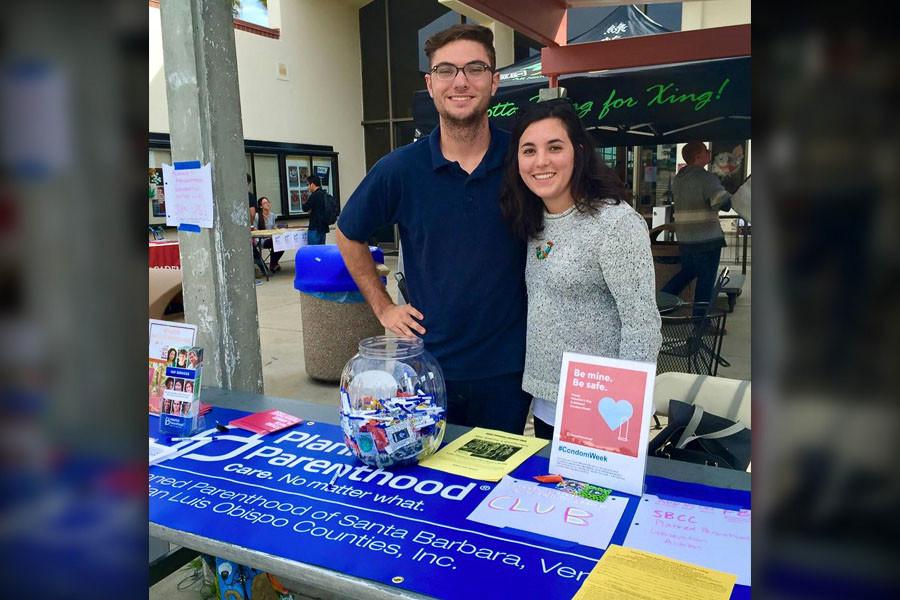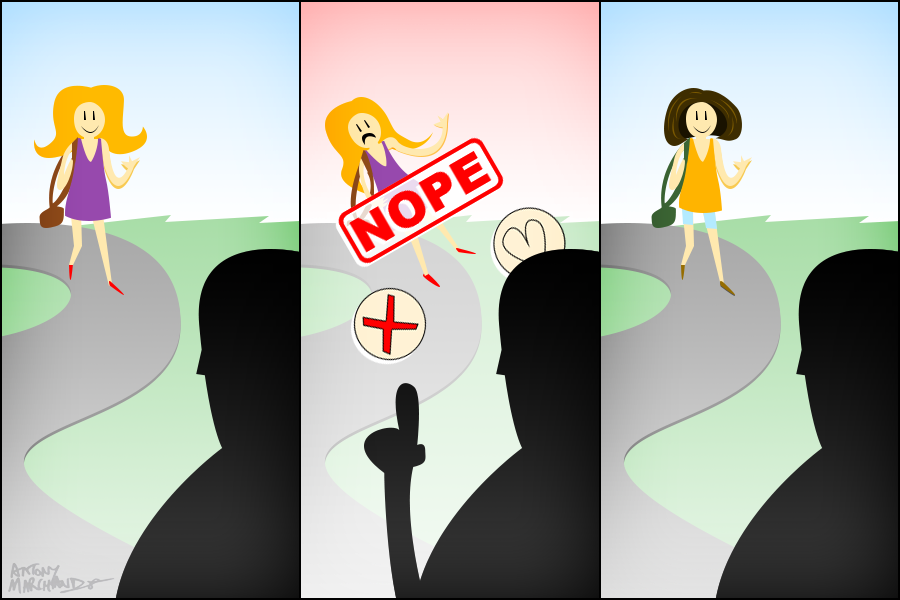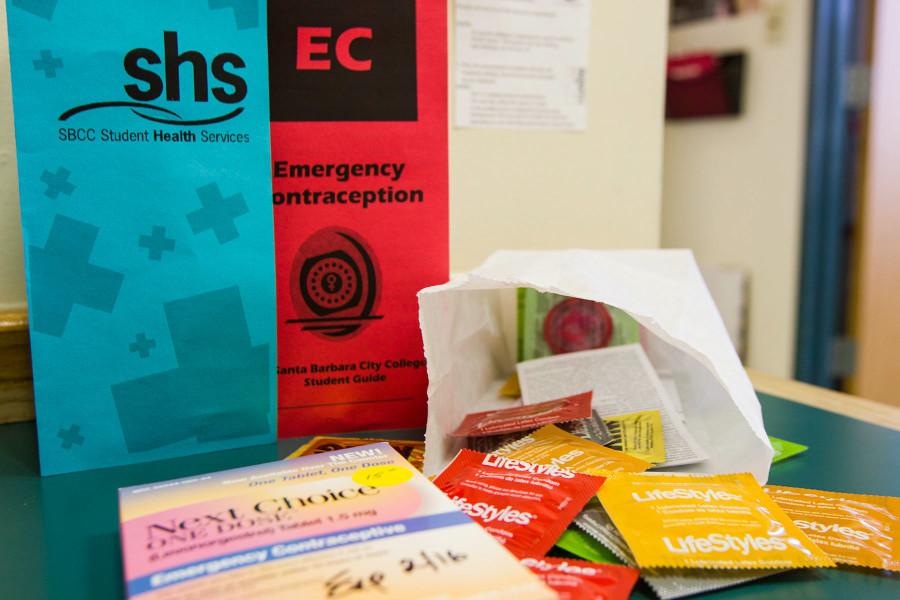College students are thinking more before acting when it comes to sex and relationships and listening to advice from students and teachers.
The combination of classes that blend sex education with either a physical, social, or scientific slant and useful advice from peers and counselors is dispelling the notion that students in their teens and 20s are sex-crazed and running around in their own independence-or at least it’s making an attempt.
City College Biology professor Blake Barron is using sex education as a way to teach biology in his Biomedical Sciences 136 class.
“Students get an education in biology using sex as the topic,” he said. “We still end up covering the basics of biology, such as evolution and genetics.”
His class of roughly 25 students consists of about twice as many women than men, and, according to Barron, is pretty evenly split between first, second, and third year students.
One of the first-year students is Robert Marinez, a kinesiology major from the San Diego area. He finds the class informative to both his major and his life.
“We learn a lot that could make things clearer in the future,” he said.
Sex ed classes such as Barron’s appear to have a lot of work to do, based on the preliminary results of a student health survey conducted last fall by the American College Health Administration. More than 82 percent of City College students surveyed claimed to have at least one sexual partner within a 12-month period. Roughly a third of those surveyed had just one partner during that time. Additionally, 61 percent of those surveyed reported they or their partner used some form of contraception.
National statistics from the same time period were unavailable at the time of press according to Petrick. But results from a 2007 survey show that U.S. college students at least two-thirds have at least one sexual partner a year.
Marinez does not reject opinions that college students, especially those living in a college community such as Isla Vista, have strings of sexual encounters.
“A lot of college students are sexually active,” he said. “I’ve had a couple of sexual experiences since I’ve been in IV.”
To help students stay on track, there’s Project HOPE. The City College group has the advice from students for students about sex and relationships, among other hot-button issues, matched with similar experiences.
“It’s really effective when students can be reached in ways that that staff and faculty can’t do,” said program advisor Mara Petrick.
Petrick, a former Planned Parenthood heath educator, disagrees based on her findings.
“It’s a misconception that everyone is having sex all the time,” she said. She recalls studies that have shown that both City College and UCSB students know their partner for a month before having sex. “Where someone lives often influences behavior,” she said.
Project HOPE also brings community organizations, such as Planned Parenthood and Pacific Pride, to come on campus as part of large events, such as their annual Safe Enjoyable ‘Xperience’ event, abbreviated as SEX. And the Student Heath Services center offers birth control and HIV and STI screenings, among other services, once a week, free of charge to students, and with the help of Planned Parenthood.
But Petrick believes the program reaches a number of young college students through in-class presentations, usually in Personal Development, English, and athletics classes. These students usually want to know how to have a good relationship, not just sex tips.
“Students want to know how to have a good relationship, how to communicate, and how to apply everything they’ve learned,” she said. “Sex is less of a central focus.”
It’s that application of information that is a key part of Barron’s class as well. He thinks his students want to learn about the biological aspects of sex and apply that information to their daily lives, such as answering the question of why women are irritable during PMS, as asked by one male student in class.
Even so, part of the hurdle he faces is getting his students comfortable with the subject.
“Some students can’t say vagina, while others have no problems with their sexuality,” Barron said.
Marinez thinks the students in his class are capable of stifling their giggles.
“We’ve gotten past the funniness,” he said. “Everyone is more mature acting.”


